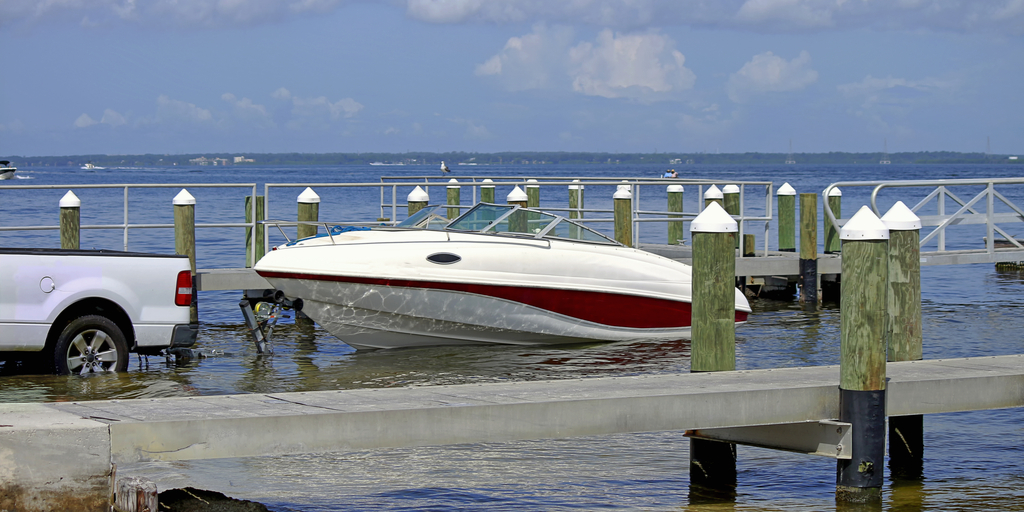Although boating is considered to be a carefree activity, there are many electrical hazards that need to be considered before leaving the dock. Reduce the risk of electric shock drowning and common boat electrical hazards with these handy tips from Kissimmee Utility Authority:
- Don’t allow yourself or anyone else to swim near the dock when launching or loading your boat. Docks with malfunctioning outlets or lighting fixtures and boats can leak electricity into the water causing water electrification.
- Be aware of your surroundings and potential electrical hazards by checking the location of nearby power lines before boating, fishing or swimming. Always maintain a distance of at least 10 feet between your boat and nearby power lines.
- If you feel a tingle while swimming, the water may be electrified. Get out of the water as soon as possible, avoiding the use of metal objects such as ladders. Notify the owner of the property immediately, as this tingle is a sign that power to the facility should be turned off until a proper inspection has been completed.
- Have your boat’s electrical system inspected regularly by a certified marine electrician to be sure they meet your local and state safety code and standards.
- Have Ground Fault Circuit Interrupters (GFCI) installed on your boat and insist that your marina/dock owners have them installed on the dock. Test them once a month.
- Use “UL- Marine Listed” portable GFCIs when using electricity near water. They will decrease the chances of shock or electrocution.
- Consider having Equipment Leakage Circuit Interrupters (ELCI) installed on boats to protect nearby swimmers from potential electricity leakage into water surrounding your boat.
- Only use shore or marine power cords, plugs, receptacles, and extension cords that have been tested by Underwriters Laboratories (UL). They are specifically designed to keep you safe when using them near water.
- Never use cords that are frayed or damaged or that have had the prongs removed or altered. Damaged cords exposed to water could result in electrical shock or electrocution.
- If you question the safety of your boat’s electrical system, immediately turn off the power supply at the electrical panel and do not turn it back on until it has been checked by a qualified electrician.
- Never stand or swim in water when turning off electrical devices or switches to prevent shock or electrocution.
- Notify the marina owner of any electrical safety hazards so that they can be fixed immediately.
Source: Electrical Safety Foundation International


